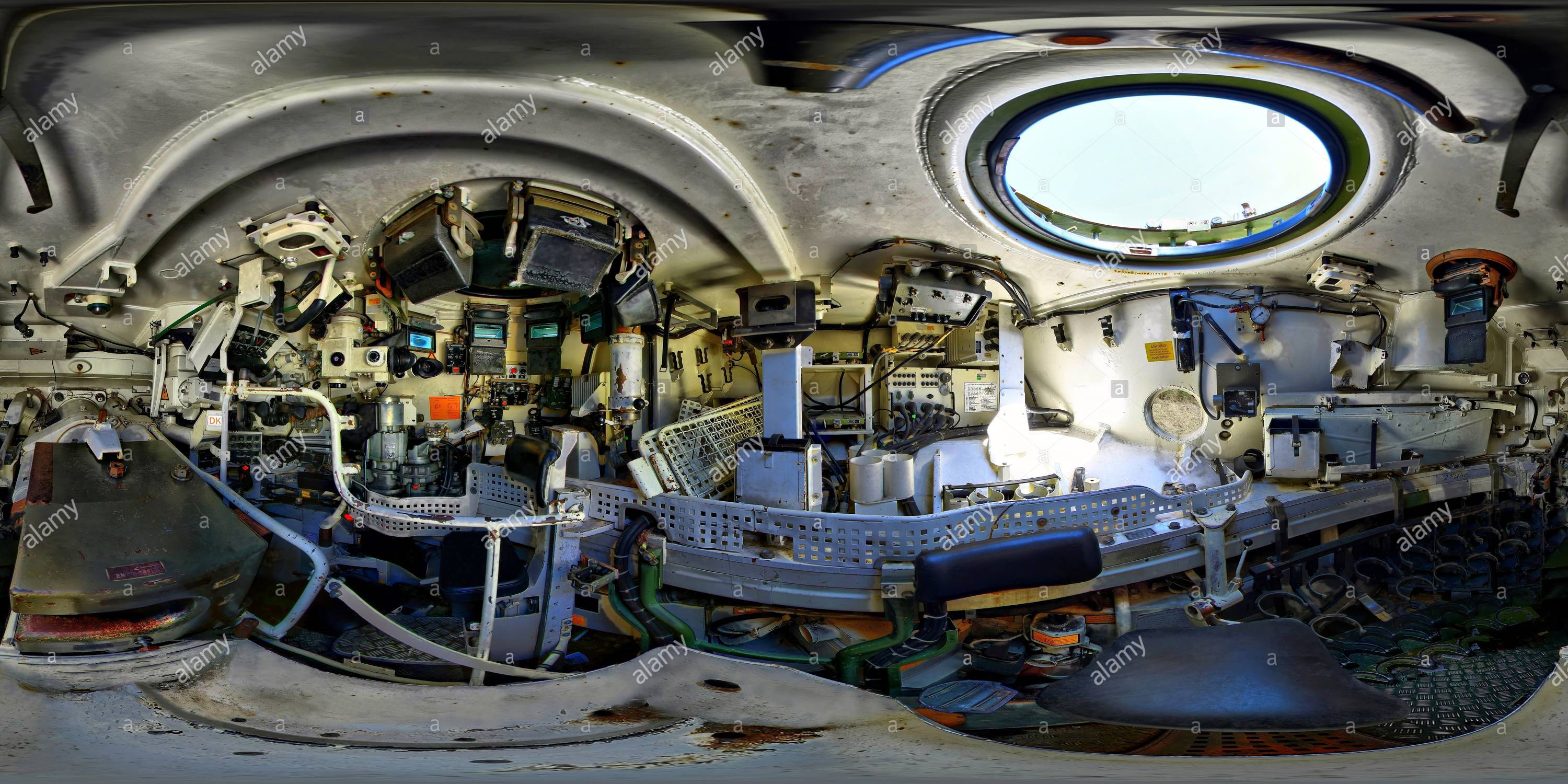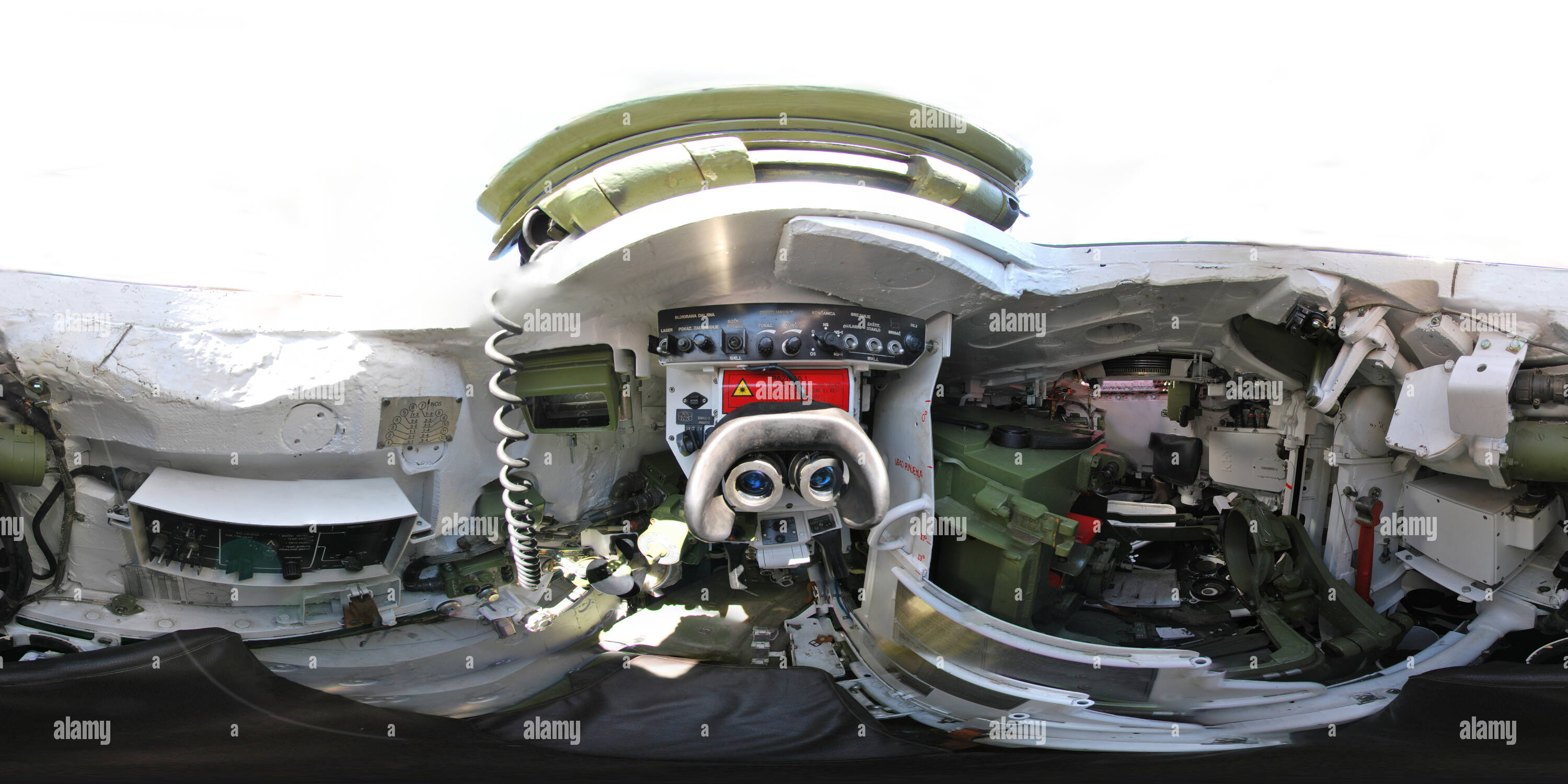


It was supposed to provide unparalleled protection to its crew, while delivering devastating fire through a 40mm cannon and hitting top speeds of 45mph. As a result, it goes on, if British soldiers had to go to war today, they would have to rely on ‘obsolete armoured vehicles… very heavily outgunned by more modern missile and artillery systems and chronically lacking in adequate air defence’.Įven amid this blizzard of failure, however, a single programme stands out, symbolising the nation’s procurement failings: Ajax.Ījax, a type of light tank, has been repeatedly delayed. In all, notes a recent Defence Select Committee report, attempts to equip Britain’s armed forces in the last two decades amount to ‘a woeful story of bureaucratic procrastination, military indecision, financial mismanagement and general ineptitude’. These now include critical programmes like the Crowsnest helicopter surveillance programme the production capability which builds the nuclear reactors for our Navy subs a futuristic anti-ship weapon known as FCASW the F35B Lightning combat jet the Sea Venom anti-surface missile and a communications system known as MoDnet Evolve. And nine are flagged red, where ‘the project appears to be unachievable’. Most, in the amber zone, are freighted with difficulties. Of those 52, just three were given the green rating suggesting that ‘successful delivery appears highly likely’. This year the Infrastructure and Projects Authority, which evaluates the Government’s major spending plans, analysed 52 projects underway at the MoD, worth a total of £194.7 billion – about one and a half times the entire NHS budget. Instead, the soldiers ask for the earth and manufacturers promise they can deliver it, on time and on budget. Neither side wants to dwell on limitations of design or problems that have derailed past procurements. It’s a term for the bargains that are struck when military men dreaming of revolutionary new kit meet manufacturers desperate to land what might be the only contract for decades. There is a saying in the arms business about how some deals get done: ‘a conspiracy of optimism’.


 0 kommentar(er)
0 kommentar(er)
